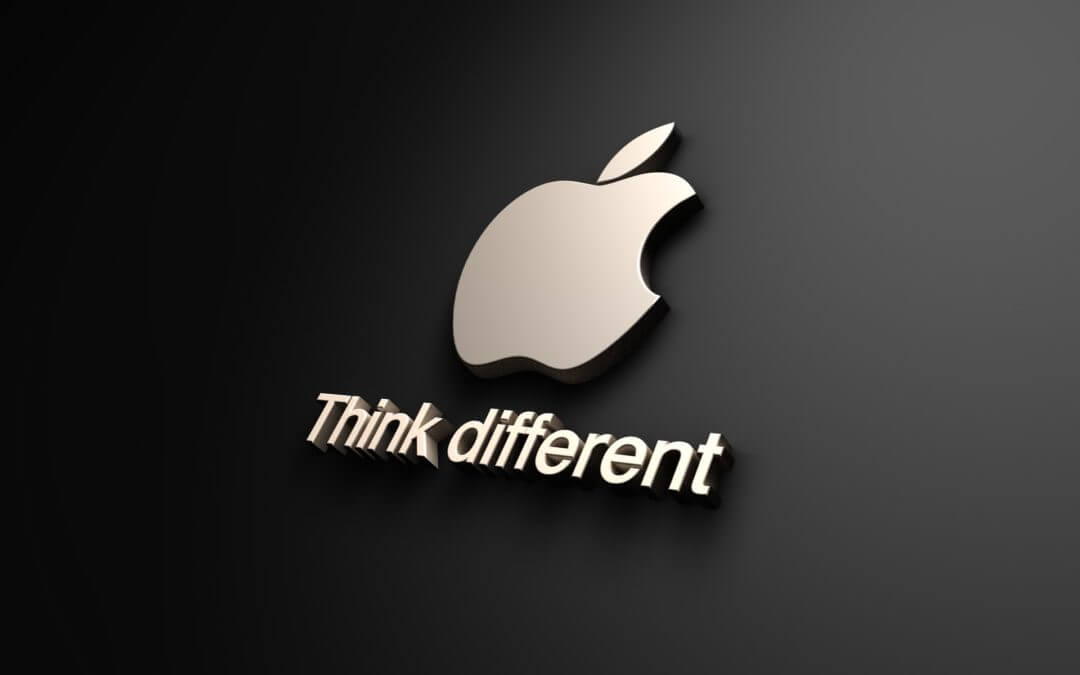Apple Inc. has been in trouble for quite some time now after the European Commission issued orders for Ireland to recover back taxes from the Cupertino-based giant. The clouds of trouble over Apple seems to be fading away now as the Finance Minister of Ireland, Mr. Michael Noonan, informed on Tuesday that the government will formally submit its appeal against the EC demand, notes The Verge.
Ireland protecting its image
Previously, The EC issued orders to Ireland to make the US firm pay up to 13bn Euros to Dublin after it ruled that the state had offered illegal aid to the firm. Dublin’s tax regime has helped it attract many multinational brands, and now it is making an attempt to protect it.
Speaking to a European Parliament committee in Brussels, Nooman said, “The government fundamentally disagrees with the European Commission’s analysis and the decision left no choice but to take an appeal to the European Courts and this will be submitted tomorrow.”
Theoretically, Ireland would benefit from the extra tax revenue, but doing this would mean scaring away other multinational names, who might be interested in running operations in the country. This would also lead to loss of job opportunities that the companies would create in Ireland.
Apple got a preferential treatment
The European Union – in an investigation – found that on the profits that Apple made between 2013 and 2014, it paid between 1 and 0.005% in annual taxes only. Following this, the EC ruled that offering tax provisions to certain companies that were not accessible to rivals leads to a creation of an unfair and illegal system.
However, it is in the interest of Ireland to keep these low rates. It is for this reason only major names such as Facebook, Apple and Google have chosen Ireland for their European headquarters. Apple Inc. has also appealed the EC’s decision separately.
Washington, which is also pissed off with the EC’s decision, says the tax revenue should go to the US rightfully and EU is trying to grab it. The iPhone maker took utmost advantage of its Irish tax situation for funneling billions in international revenue. This way, it saved a lot of money that it would have otherwise paid to the host country.
Netherlands, Luxembourg and Belgium too have been found guilty of offering tax deals to some companies, and neglecting the rivals. They offered benefits to companies such as Starbucks and Fiat Chrysler. Those parties too have put forward an appeal, but they will likely have to wait for years before they get a resolution. And probably, the same applies to Apple Inc. and Ireland.
Trusted & Regulated Stock & CFD Brokers
What we like
- 0% Fees on Stocks
- 5000+ Stocks, ETFs and other Markets
- Accepts Paypal Deposits
Min Deposit
$200
Charge per Trade
Zero Commission on real stocks
64 traders signed up today
Visit Now67% of retail investor accounts lose money when trading CFDs with this provider. You should consider whether you can afford to take the high risk of losing your money.
Available Assets
- Total Number of Stocks & Shares5000+
- US Stocks
- German Stocks
- UK Stocks
- European
- ETF Stocks
- IPO
- Funds
- Bonds
- Options
- Futures
- CFDs
- Crypto
Charge per Trade
- FTSE 100 Zero Commission
- NASDAQ Zero Commission
- DAX Zero Commission
- Facebook Zero Commission
- Alphabet Zero Commission
- Tesla Zero Commission
- Apple Zero Commission
- Microsoft Zero Commission
Deposit Method
- Wire Transfer
- Credit Cards
- Bank Account
- Paypall
- Skrill
- Neteller
What we like
- Sign up today and get $5 free
- Fractals Available
- Paypal Available
Min Deposit
$0
Charge per Trade
$1 to $9 PCM
Visit Now
Investing in financial markets carries risk, you have the potential to lose your total investment.
Available Assets
- Total Number of Shares999
- US Stocks
- German Stocks
- UK Stocks
- European Stocks
- EFTs
- IPOs
- Funds
- Bonds
- Options
- Futures
- CFDs
- Crypto
Charge per Trade
- FTSE 100 $1 - $9 per month
- NASDAQ $1 - $9 per month
- DAX $1 - $9 per month
- Facebook $1 - $9 per month
- Alphabet $1 - $9 per month
- Telsa $1 - $9 per month
- Apple $1 - $9 per month
- Microsoft $1 - $9 per month
Deposit Method
- Wire Transfer
- Credit Cards
- Bank Account



